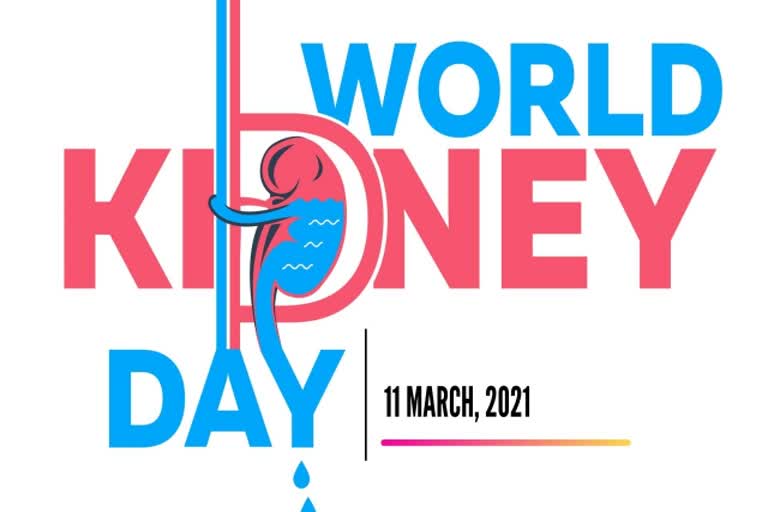On the second Thursday of March every year, World Kidney Day is celebrated with an aim to spread awareness about the importance of the kidneys in our body, associated diseases and how one can take care of it. This year, the day is being observed on 11th March, with the theme “Living Well with Kidney Disease”. The day was first marked in 2006 and was a joint initiative by the International Society of Nephrology (ISN) and the International Federation of Kidney Foundations (IFKF).
According to a study published by the Lancet on the burden of Chronic Kidney Disease (CKD) in 2017, it was found that globally, in 2017, there were 697.5 million cases of CKD and 1.2 million people died from it. Almost a third of patients with CKD lived in two countries, China and India.
Objectives Of The Day
According to the official website of World Kidney Day, the main objectives of the day are to:
- Raise awareness about our “amazing kidneys” Highlight that diabetes and high blood pressure are key risk factors for Chronic Kidney Disease (CKD).
- Encourage systematic screening of all patients with diabetes and hypertension for CKD.
- Encourage preventive behaviors.
- Educate all medical professionals about their key role in detecting and reducing the risk of CKD, particularly in high risk populations.
- Stress the important role of local and national health authorities in controlling the CKD epidemic. On World Kidney Day all governments are encouraged to take action and invest in further kidney screening.
- Encourage Transplantation as a best-outcome option for kidney failure, and the act of organ donation as a life-saving initiative.
Important Functions Of The Kidneys
Kidneys are vital because they help in removing toxins and excess fluids from the blood as well as keeps the blood pressure in control and produces red blood cells. Our bone health is also dependent on our kidneys. Thus, by expelling the waste out of the body, our overall health is maintained and the hormones produced ensure proper functioning of our body.
Chronic Kidney Disease (CKD)


